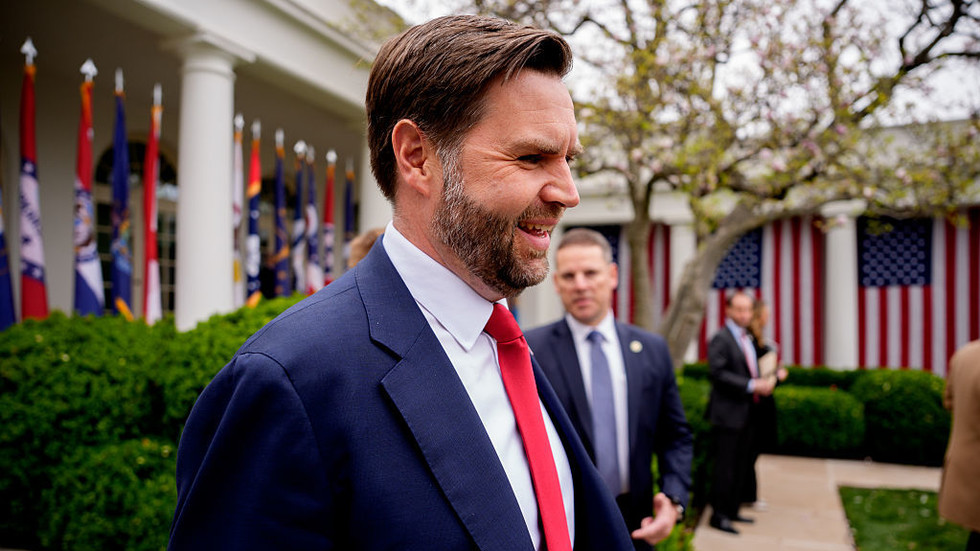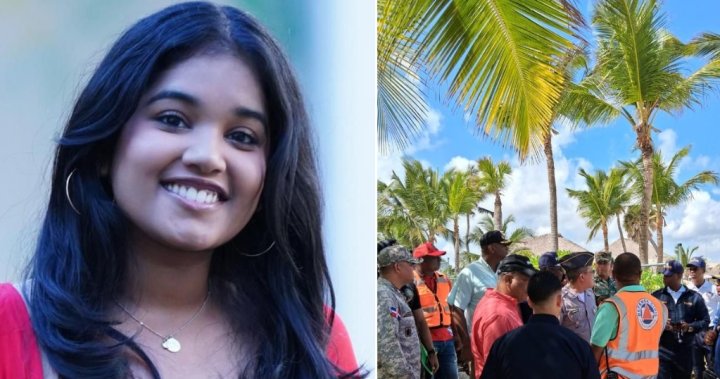
Emily Wunsch voices the frustration of other young people in Germany, when the 21-year-old dismisses the political mainstream as aloof and out of touch. "I feel like what matters to me isn't a priority for most politicians - or for other voters," she said while refilling cups at an East German coffee shop where she works.
The dissatisfaction of Germany's youth is a major theme ahead of Sunday's election as they're drifting to the left and right fringe. That polarisation sets up potential instability as the next govt seeks to revive growth and stabilise social system, with policies that may come at their expense. Because of Germany's aging population, young people face pressure to pay for the pensions and healthcare costs of millions of retirees.
At the same time, the political power of Germany's youth is relatively limited. Less than 15% of voters are under the age of 30, while nearly 60% are over 50. While youth voting participation is still slightly below average at 71%, it's increased steadily since 2009, showing that the young people increasingly want their voices to be heard. But higher politicisation coupled with feelings of being ignored is pushing more young people out of the centre.
The Left party, with origins in East Germany's communists, has been the main beneficiary. But the far-right Alternative for Germany, or AfD, has also successfully tapped into the unease, and that's not unique to Germany. In the 2024 European polls, 32% of French voters under 35 backed the far-right National Rally - nearly double the 17% who voted for the AfD in Germany.
Young Germans are also less sensitized to the horrors of the Nazis than older generations and are more willing to look past statements from AfD leaders trivialising the Holocaust. Instead, the focus is on regaining a sense of stability and national pride.
Over half of under-25-year-olds in Germany get their political news exclusively from social media and AfD dominates these platforms.
Economic anxieties are powerful in the countryside and in Germany's east, where job losses and hardship following reunification are still present.

 1 month ago
10
1 month ago
10










 English (US) ·
English (US) ·